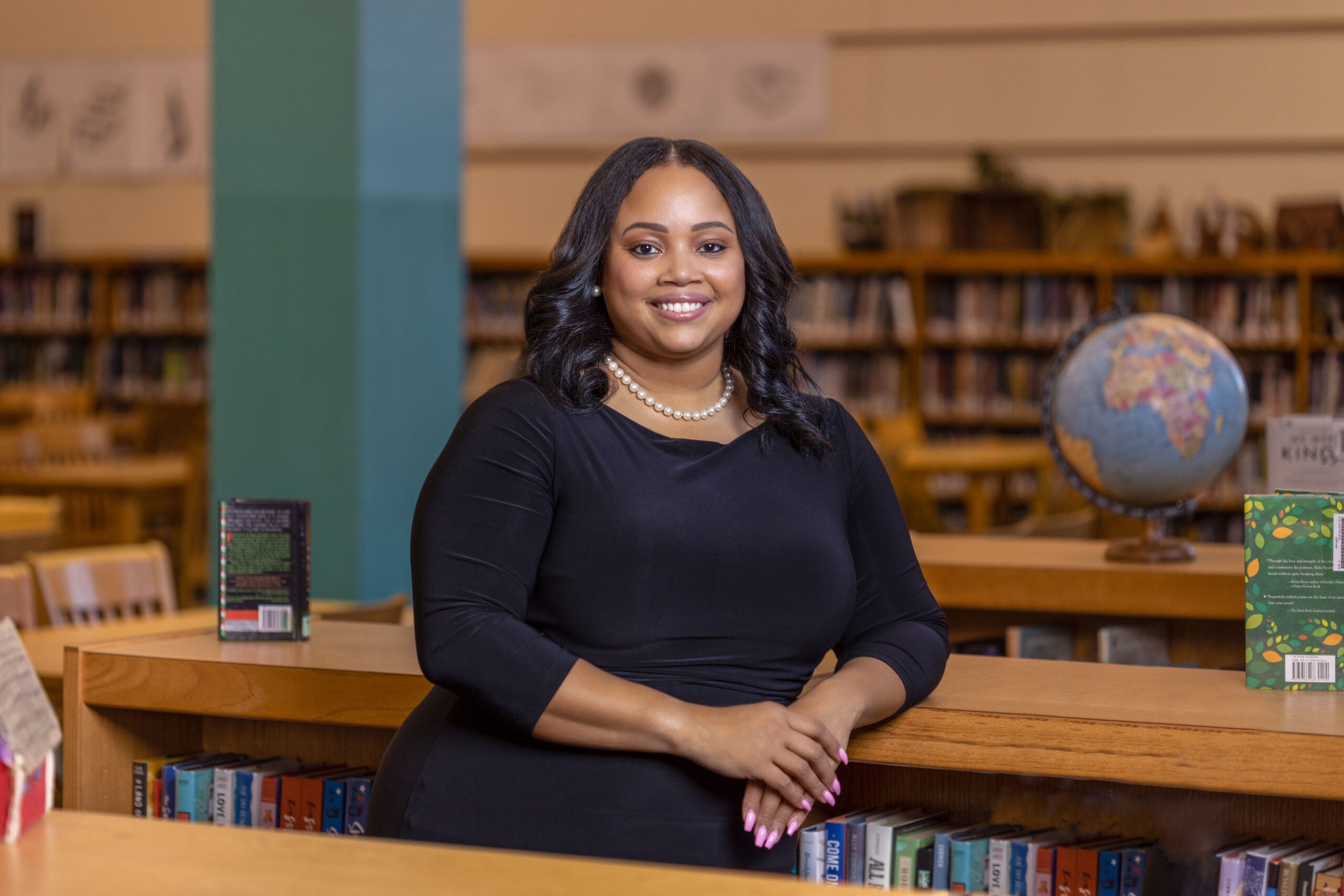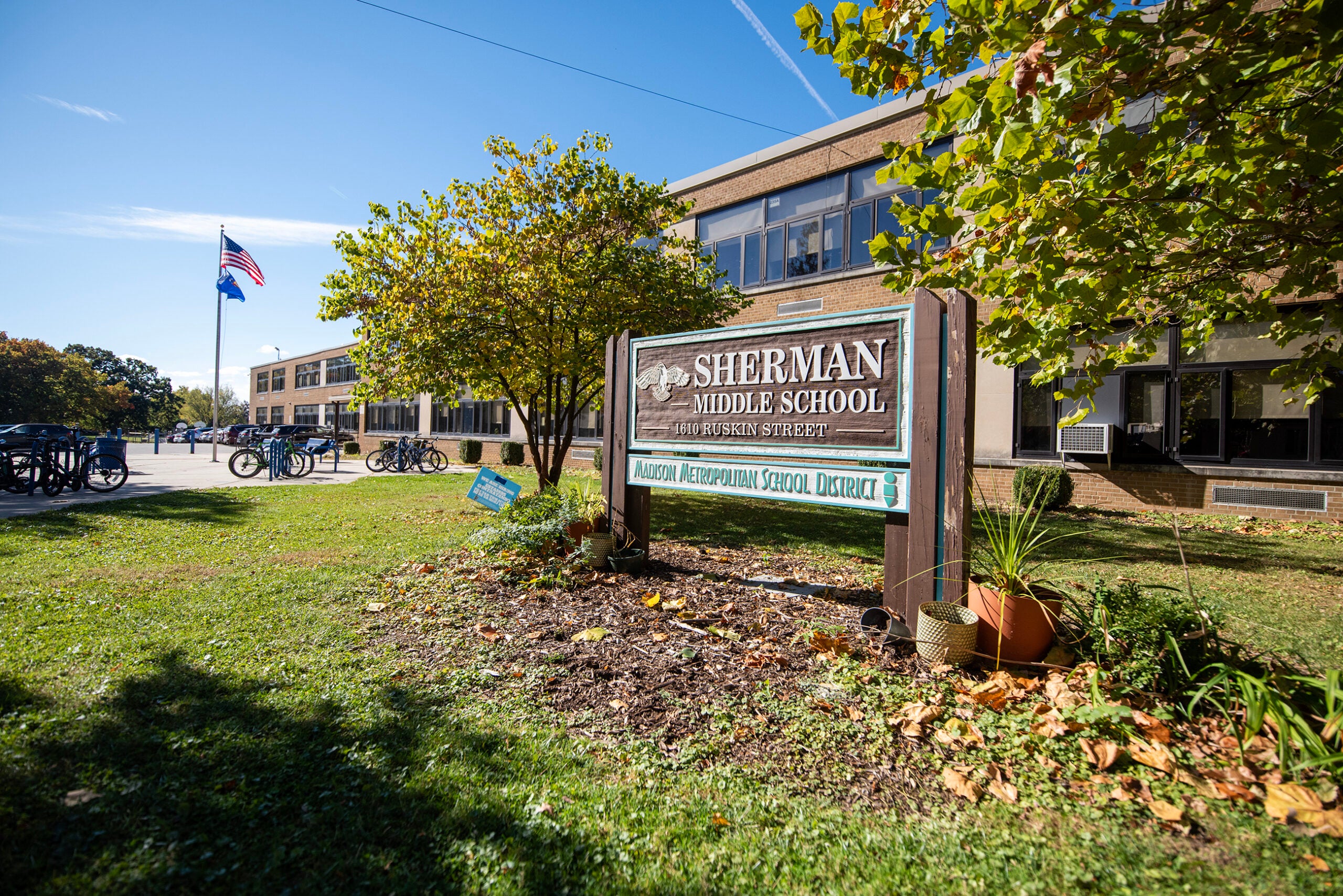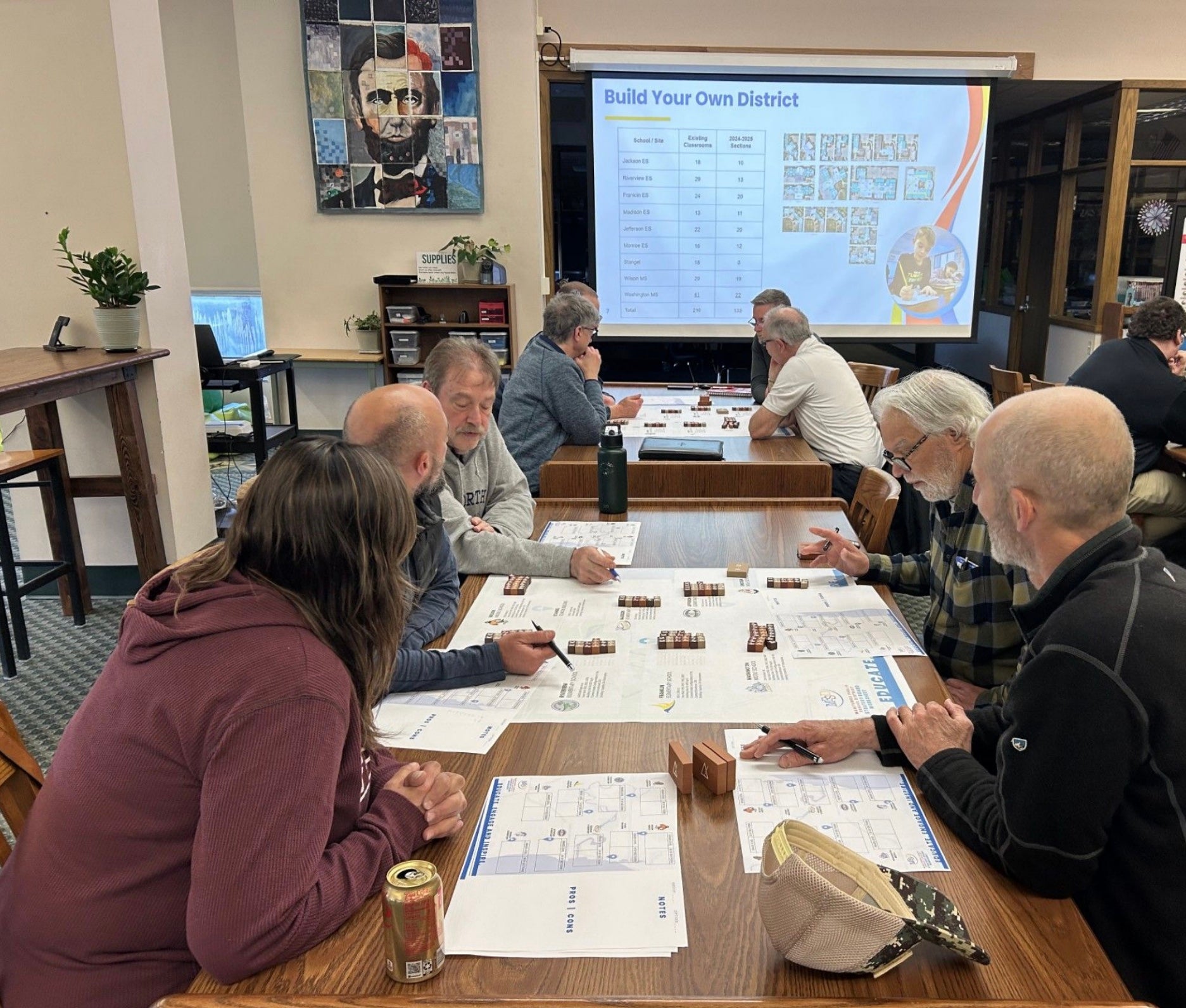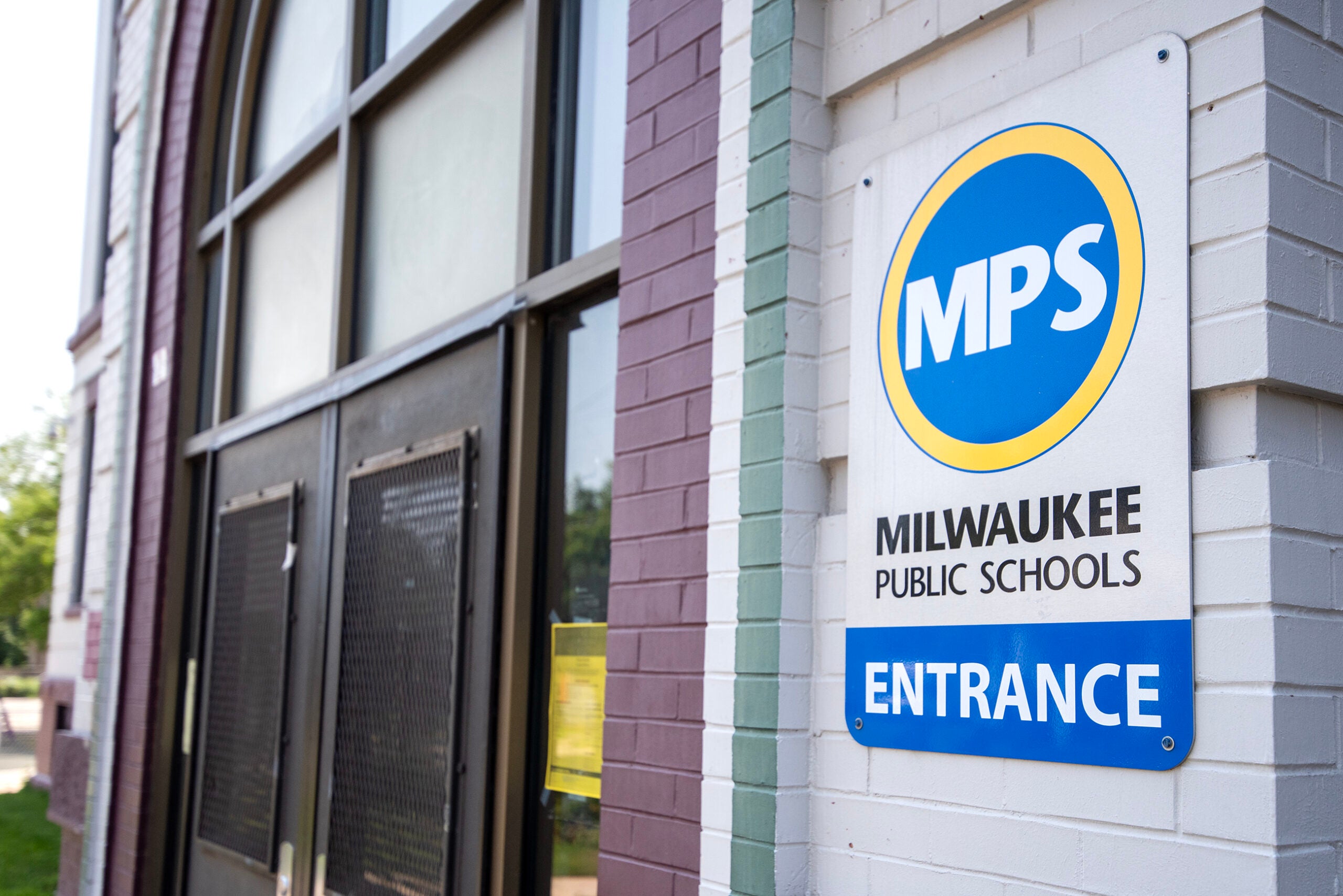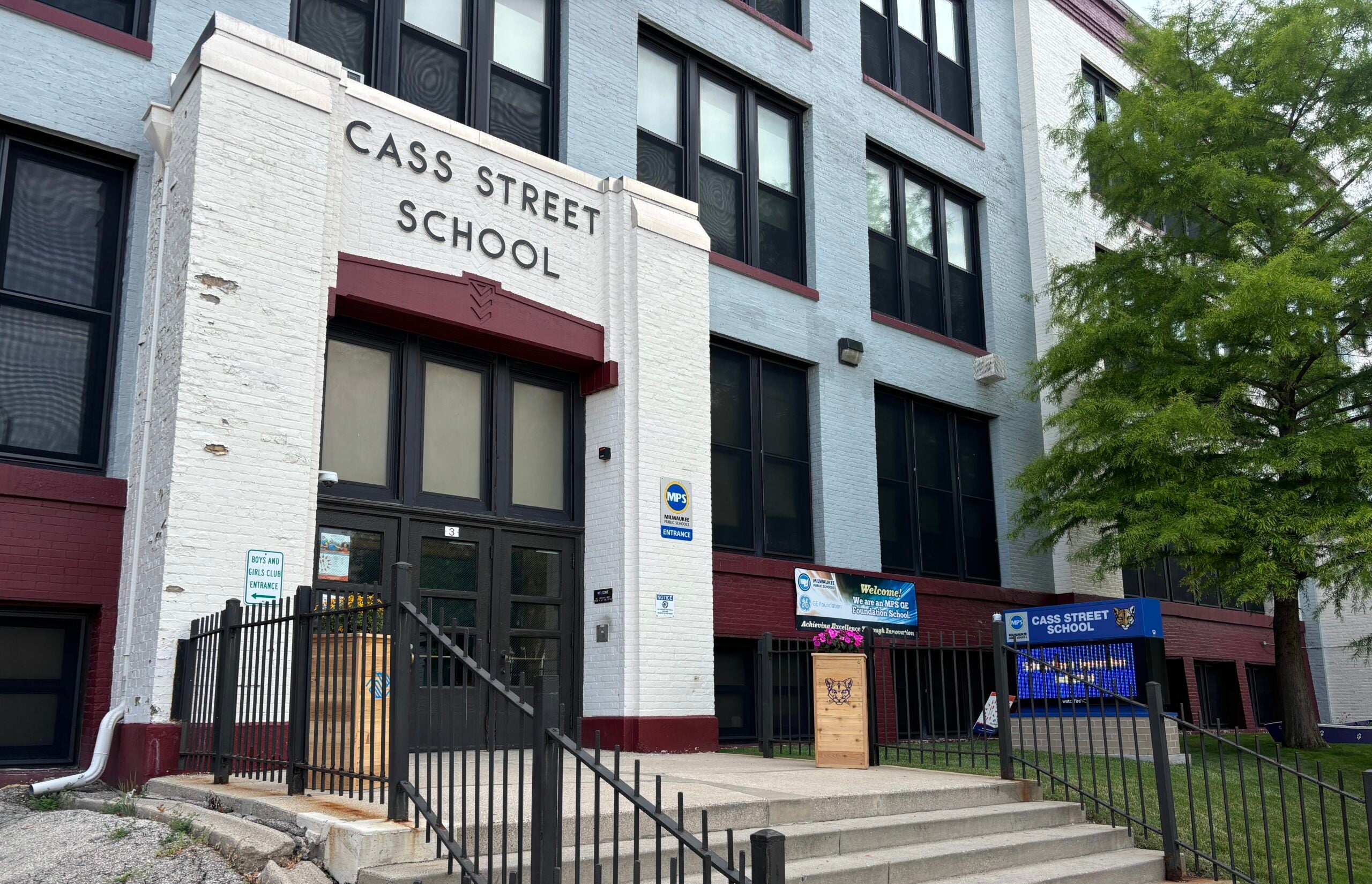The nonprofit foundation that provides scholarships, funds infrastructure projects and organizes supply drives for public schools in Milwaukee has a new leader.
Tiffany Tardy, executive director of the Milwaukee Public Schools Foundation, recently joined Wisconsin Public Radio’s “The Morning Show” to discuss her new role. She talked about school fundraising in Milwaukee and the role of foundations across the state.
“Oftentimes with public schools, it’s like, how do we just educate kids?” Tardy said. “But in suburban schools or private schools there’s the education, the enrichment, the athletics, the arts and many of those things are becoming more difficult to fund (in public schools), and foundations are really able to help meet those needs.”
News with a little more humanity
WPR’s “Wisconsin Today” newsletter keeps you connected to the state you love without feeling overwhelmed. No paywall. No agenda. No corporate filter.
The following was edited for clarity and brevity.
Kate Archer Kent: Why do taxpayer funded schools need charitable foundations?
Tiffany Tardy: You’re seeing them pop up across the state of Wisconsin as well as across the country over the last several years. Historically, you probably would have seen foundations more with private schools or with universities, but these days with state funding for public schools being less and less, we’re relying more on foundations.
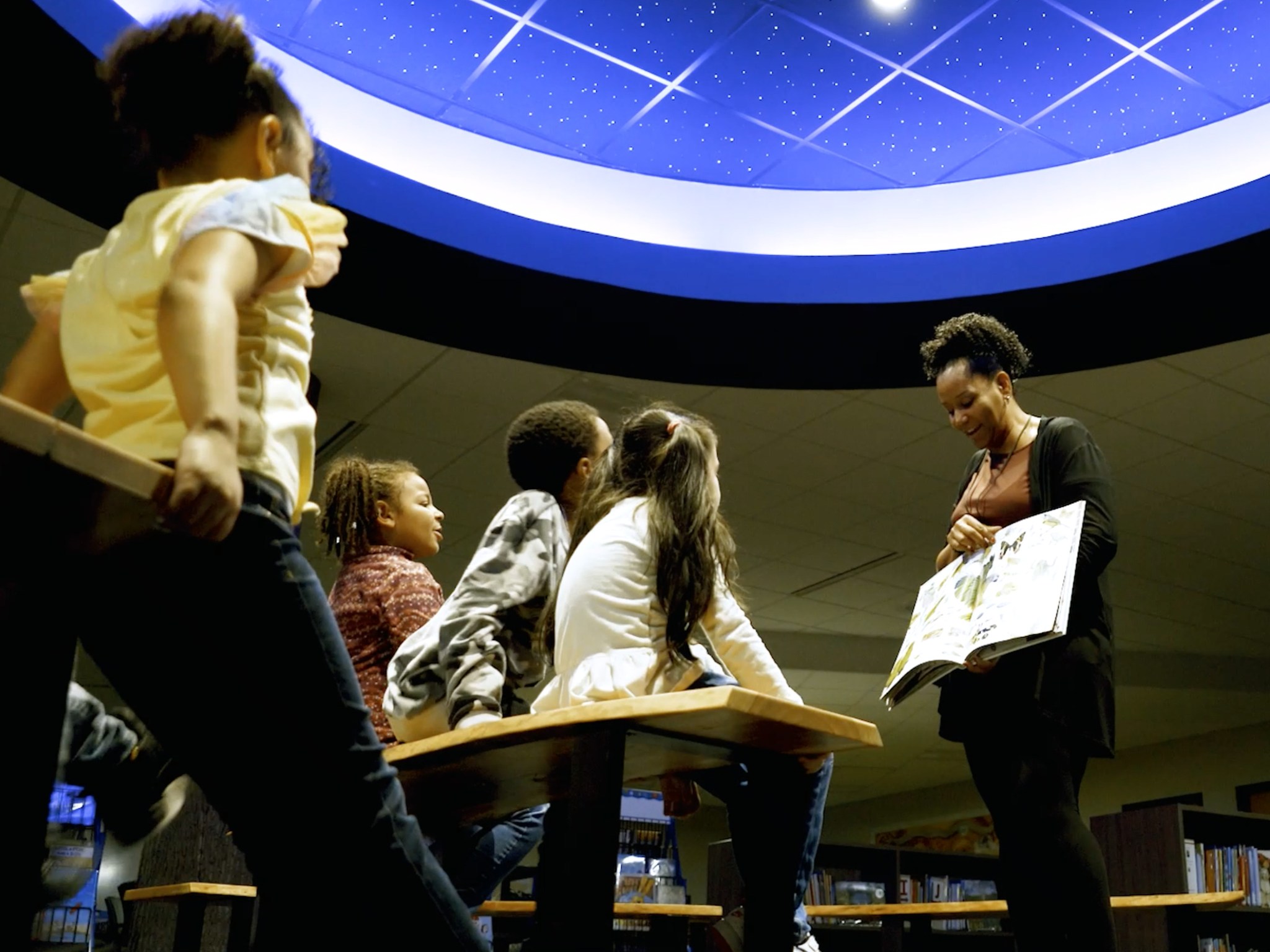
KAK: In 2019, the foundation received nearly $1.7 million in contributions and grants. Where is that money needed most for Milwaukee schools?
TT: A lot of those dollars were committed to making sure our kids and families had internet access as well as access to basic needs like meals due to the pandemic. And even in the midst of those additional needs, the foundation really has been focusing on projects that relate to infrastructure.
That is things like playfields and play yards. We have our Green Schools initiative that focuses on beautifying those playgrounds and (providing) outdoor classroom spaces and green houses at some of our schools — creating those opportunities for kids to be able to learn outdoors as well as being able to have that safe and positive experience for the communities around the schools.
KAK: Is funding from the Milwaukee Public Schools Foundation allocated evenly throughout the district, or where do you target the funds?
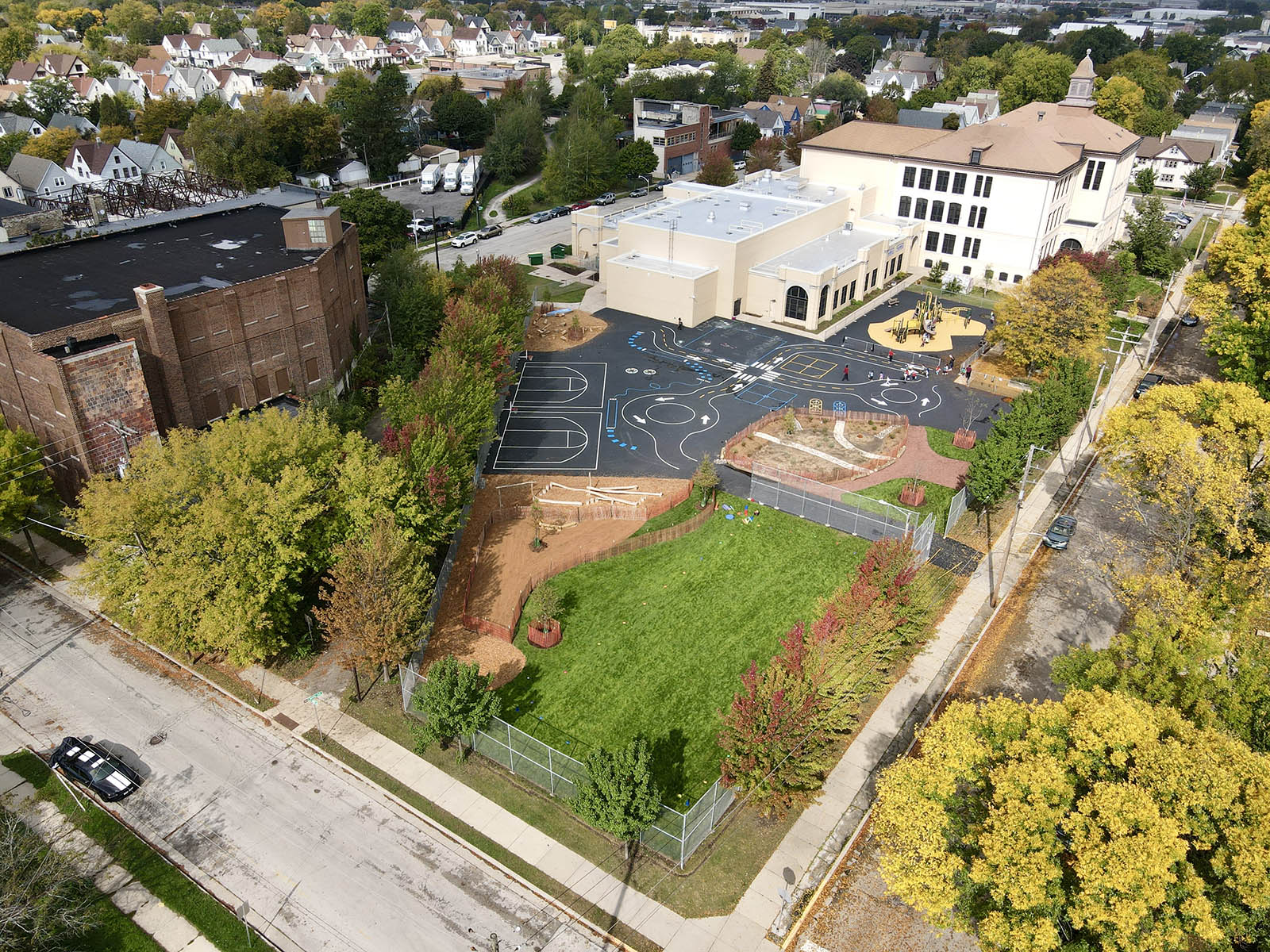
TT: Nearly 80 percent of our students in the district come from an economically disadvantaged background and family. For lack of better words, we level the playing ground because all of our students have need and all of our schools have need. Oftentimes projects come to us.
A great example would be Frederick J. Gaenslen School that I was just visiting, which is one of our schools in a district that supports a high number of students with special needs and medical needs. One of the things that Gaenslen really wanted was to create a new library space that’s innovative, that is accessible for their kids. So the foundation worked with the school to do that.
KAK: Last year, Wisconsin schools had the highest number of referendums in about two decades. Many schools were asking for renovations and basic maintenance issues with infrastructure and additions. How does your foundation prioritize infrastructure?
TT: We’re trying to think from an equitable lens. As far as the spaces that we can support … it really takes the administrators of school, the families and the whole community coming together to make a project successful. It’s a blend of what is the foundation able to help with, rallying the community support as well as what can the schools do and which schools have the highest need.
KAK: Gov. Tony Evers is proposing a $2.6 billion funding increase to K-12 schools in the next budget. What is your message as lawmakers craft a budget for school spending?
TT: There is need, and we would love to have more support from the state as there’s so many different things that we’re trying to accomplish in the district as well as ensuring there’s access and equity and that all kids in our community have access to a high quality education. I would really encourage the prioritization of public schools because that’s how we’re going to move our state forward.
Wisconsin Public Radio, © Copyright 2025, Board of Regents of the University of Wisconsin System and Wisconsin Educational Communications Board.

